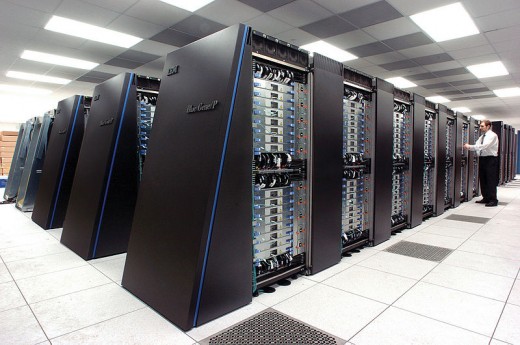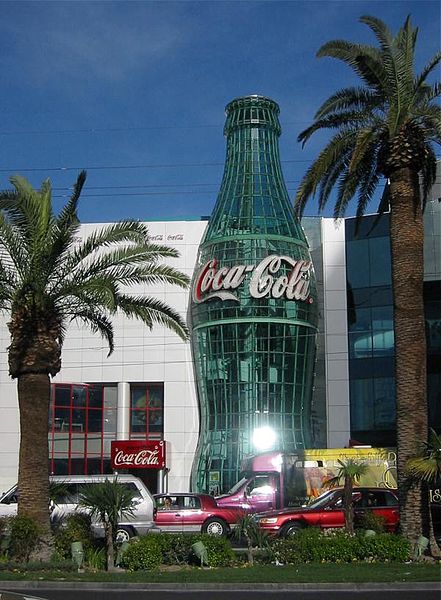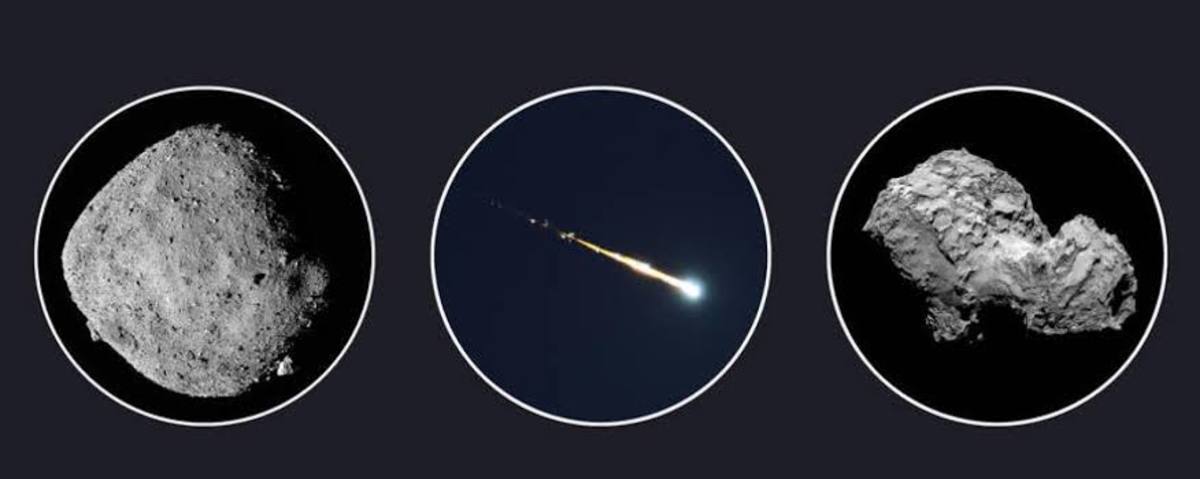Chaos, Quantum Effects, Supercomputers, and Free Will


Overview of Free Will, Determinism, and Chaos
Is everything predetermined? Or can we humans make real choices in our lives?
Yes, 21st Century politicians and advertisers are very adept at pushing our buttons. But Benghazi-gate and IRS-gate are examples of issues that are not going away any time soon. We American citizens are not thinking what we're supposed to think. And these scandals may eventually cost Barry Obama his job.
Sometimes we humans behave like sheep. At other times, we are noted for our cussedness.
Fatalism is not a particularly healthy attitude. Even if that belief is an illusion, it can be very real in its consequences.
Fatalistic cultures are often associated with corrupt governments, because Fatalism tends to be a self-fulfilling prophesy. Psychologists have a concept that's similar to Fatalism: Learned Helplessness.
Philosophers have been debating Free Will vs Determinism for centuries. Christian theologians lean towards Free Will. If you choose to live a less-than-virtuous life, then your immortal soul is at risk of going to 'that other place' when you throw off the mortal coil.
As a scientist, I'd like to get my teeth into the conundrum. The late scientist and science fiction writer, Isaac Asimov wrestled with the problem in his Foundation series of novels. The future discipline of psycho-history was very good at predicting trends in the medium term. Then a political figure with highly developed psychic abilities, known as The Mule, threw a monkey wrench into the works.
Chaos Theory buffs in the 21st Century can smugly say: Aha!
Why? The central concept of CS is sensitive dependence on initial conditions.
Example 1. Suppose that we have a really good understanding of how the weather works, and that this understanding is expressed in the form of an program that's run on a supercomputer. Suppose further that we have excellent satellite measurements and high precision readings from zillions of weather stations all over the globe.
However these numbers are not exact. Why not? Because there's no such thing as an exact measurement. Making a measurement is fundamentally different from counting the number of beans in a jar. If our electronic measuring instrument has sufficient readout resolution, two measurements of the same thing will always be slightly different.
Example 2. The driver of a car, and a passenger sitting in the back seat, can both see the same speedometer, and arrive at slightly different readings of the speed shown at any given time.
Getting back to the weather ... We can make a highly accurate forecast for the next day. Suppose that the maximum uncertainty on the numbers is only 1 ppm (part per million).
To make a longer forecast that includes the day after tomorrow, the weather guys feed the numbers from the one-day forecast into the supercomputer, which performs a second iteration. The weather forecast for the following day is still reasonably accurate. But the uncertainty on these numbers has now jumped up from 1 to 2 ppm.
Such propagation of error eventually leads to a failure of the computer model after a certain number of iterations. This is why in practice, it's very difficult to make make reasonable weather forecasts more than five days in advance.
On Monday, you make hiking plans for Sunday. You're encouraged by the forecast for fair weather on that day. But on Friday, the weather forecast for Sunday is looking more iffy. And by Saturday, it's downright discouraging. You are putting your rain gear into your rucksack, aren't you?
Having a Plan B is nice too. We did that once, and ended up at the Asparagus Festival in Stockton, California on our 'hiking day'.
Sometimes chaotic systems--like the weather--can settle temporarily into an apparent pattern. This is called an attractor. Then they break out of the pattern suddenly.
During the Summer, Sacramento weather is mostly hot and dry. But sometimes we'll get a Delta Breeze, in which cooler air from the ocean finds its way this far inland. This typically lasts for a day or three.
You can see attractors even in simple chaotic computer programs.
Speaking of simple chaotic computer programs, there's a deceptively simple one that generates the Mandelbrot Set, a beautiful piece of computer art.
The upshot: Chaos Theory is not at all encouraging for people who believe in strict determinism.
One perspective of a Mandelbrot Set


Quantum weirdness vs Determinism
It is not possible to explain the Photoelectric Effect with classical physics--or even with General Relativity. In a pretty good vacuum, light at or above a certain threshold frequency hitting a metal target will cause that metal to lose electrons. Light having a frequency below that threshold will not have this effect.
Albert Einstein won a Nobel Prize for his work on the theory of this phenomenon. Quantum Mechanics has been very successful at explaining the Photoelectric Effect and other small-scale curiosities of the natural world.
Our modern understanding is that light has a dual nature. Sometimes it's useful to think of light as a wave. This is helpful for understanding and predicting its familiar optical properties.
At other times, it's more useful to think of light as being composed of minuscule particles that we call photons. And the energy of an individual photon is proportional to the frequency of the light. In the case of the Photoelectric Effect, we can imagine that an individual photon that is sufficiently energetic can kick an electron completely free from an atom.
Quantum Mechanics (QM) is the starting point for an applied specialty within physical chemistry (aka chemical physics) that seeks to invent cheaper and more efficient solar (photovoltaic) cells for renewable electric power generation.
Radioactivity is a second well-known quantum mechanical effect. We can predict the half-life of a sample of Thorium-232, for example. In this case, the number of nucleons--protons and neutrons--is 232. Known half-lives vary from a tiny fraction of a second to billions of years.
The frustrating thing is that we cannot predict when an individual atom is going to decay. At the moment, the best that we can do is to assign a probability for that happening within a certain time span. Many physicists believe that QM is essentially probabilistic in nature.
Alain Aspect performed a famous experiment that looked at 'entangled' photons. One possible interpretation of his experiment is that we've 'hit the wall' with quantum mechanics. To all those holding onto the hope that there's a deeper reality or hidden mechanism behind probabilistic Quantum Mechanics, Aspect could say:
This is the end of the line. There's nothing more to see here, folks. Move along.
Einstein was very skeptical about what he called "spooky action at a distance," which Aspect's experiment partially confirmed many years after Einstein's death. It appears that Einstein had been mistaken about this one thing.
But we've just scratched the surface of quantum weirdness. Hold onto your hats. There's a famous thought experiment, Schrödinger's Cat. Some--but not all--physicists believe that the animal in the box is neither dead nor very much alive, until someone actually opens the box to check up on the health of the cat!
Although quantum weirdness and chaotic weirdness both make prediction more complicated, they are two very different things.
Chaotic systems, like the weather, have sensitive dependence on initial conditions. Radioactive decay, a quantum effect, is a different ball of wax. Ordinarily, nuclear reactions are quite robust, and do not dependent on chemistry or other aspects of their surroundings.
However, there is an exception for a little-known example of electron capture. In this decay mode, the nucleus of an atom 'eats' an electron, and transmutes into another chemical element. The best known example involves an atom of potassium-40 (K-40). It undergoes electron capture, and becomes an atom of argon-40 (A-40). Potassium is a metallic element, and argon is a gas.
The process is extremely slow. Argon dating, which utilizes the ratio of A-40 to K-40 in a rock, allows geologists to estimate its age.
However there's one example in which chemistry can affect electron capture. Consider the rare earth metals dysprosium and holmium. Ordinarily, a holmium-163 atom undergoes electron capture, to become a dysprosium-163 atom.
Now suppose that we strip away all of the electrons surrounding a dydprosium-163 atom. (By the way, this extreme process does not happen under ordinary earthly conditions.) The dysprosium-163 nucleus will eject a low-energy electron, and we'll have a holmium-163 nucleus, surrounded by a single electron!
This interests me. In nuclear reactions, physics usually trumps chemistry. However this exception to the rule hardly qualifies as sensitive dependence on initial conditions, which is the sine qua non for chaotic systems.
Although chaotic processes and probabilistic quantum mechanical processes are fundamentally different, they both increase the inevitable uncertainties of predictions that scientists make.

Determinism and computer humor
In the late Douglas Adam's famous science fiction novel, A Hitchhikers Guide to the Galaxy, there's an interesting subplot. A supercomputer is asked: What is the Answer to the Ultimate Question of Life, the Universe and Everything? The computer's reply: 42.
I like that, because our current computers are handy tools, but they're 100% nuance-free.
Here's an older joke. Some guy builds the ultimate computer. It can answer any question. The man asks: Is there a God? The computer's reply: There is now!
What is the answer to the question of Free Will?

Larry's thought experiment
Suppose that eventually, we really do build a supercomputer that we think can answer any question. Here's the experiment.
A programmer and the supercomputer are alone in a bunker. The programmer has decided that sometime between 3pm and 4pm, he will drink a beverage that's stored in the bunker's refrigerator. He hasn't made up his mind yet, but the choice will be either Pepsi or Coca Cola.
Being the sporting sort, the programmer has informed the supercomputer of his intention. The supercomputer is programmed to predict the programmer's beverage choice at 2:59 pm. But here's a new wrinkle.
The programmer has decided that whatever the computer predicts, he will make a different choice. If the computer predicts Pepsi, then he will drink the Coca Cola. If the computer predicts Coca Cola, he will drink the Pepsi.
Philosopher Larry predicts that the 'infallible' computer will be mistaken. So much for strict Determinism.
SCORECARD: Free will 3, Determinism 0
Chaos theory
| Quantum mechanics
| Supercomputer experiment
| |
|---|---|---|---|
Free will
| 1
| 1
| 1
|
Determinism
| 0
| 0
| 0
|



